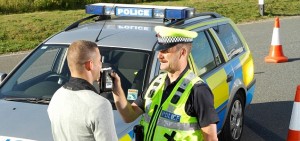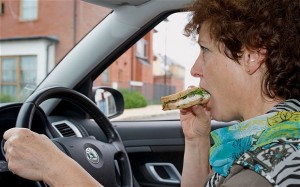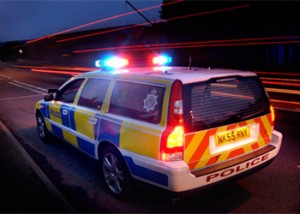These are the top ten driving offences where motoring solicitors can help
General Practice Solicitors who deal with all areas of criminal law won’t always know the ideal legal arguments that can be used to defend your case if you have been accused of any of the road traffic offences below;
Failing to provide driver information
An s.172 driver information request will be sent to the registered keeper of the vehicle if you commit a motoring offence.
Failure to provide the required information will get you six points.
S172(4) and S172(7)(b) RTA 1988 or the road traffic act offer two statutory defences.
To determine the identity of the driver at the time of offence, you will have to demonstrate in court that you used reasonable diligence, or that you didn’t receive the S172 information request at all.
No Insurance Offences
The law assumes you are guilty, regardless of your reasons or excuses for driving without valid insurance.
six to eight points is the penalty if convicted for driving with no car insurance.
In many instances, the drivers insurance policy has been cancelled without them being informed of the fact.
You can use a special reasons argument if you can show that you genuinely believed that you had insurance cover in place.
Speeding Offences
If convicted of a speed related motoring offence you will receive three – six penalty points on your licence, a possible discretionary ban depending on the severity of your offence, as well as court costs and a fine.
Following on from recent case law, if you are going to be successful defending your alleged speeding offence, you will need to have professional evidence to support your legal defence.
Drink Related Driving offences
The legal UK drinking and driving breath reading limit is 35mg. A licence ban of 1 year is the minimum penalty for a drink drive conviction.
If you can show that you were either; not driving, weren’t on a public road or place, or consumed the alcohol after you finished driving then you have a possible defence.
Avoiding a drink drive disqualification is also possible if you can demonstrate that you unknowingly drank the alcohol, that it was an actual life threatening emergency situation or that you only drove a limited distance.
Drunk in Charge Motoring Offences
The two points that the prosecution are required to establish to secure a conviction are that you were over the drink driving limit and that you were in charge of the car at the time of the offence.
If you can show the court that you didn’t intend to drive again until you were below the legal drink driving limit then you have a defence.
If the court finds you guilty then you will be given either ten points and possibly a discretionary driving licence ban.
Mobile Phone Driving Offences
The mobile need to be held while being used in order for an offence to be committed.
Different Courts take different viewpoints on this offence.
A temporary stop in a traffic jam or at a set of lights can still be classed as driving.
Due Care & Attention Motoring Offences
The standard of your driving needs to be proved beyond any reasonable doubt by the prosecution to have dropped below the standard of a careful & competent driver in order to convict you of driving without dure care.
Some of the offences covered by without due care include low speed bumps and dings as well as undertaking on a motorway.
The police can offer a Driving Improvement Course for this offence instead of prosecution.
Failing to Stop/Report an Accident
If, after an accident, damage was caused to property, a person or another vehicle, then, as the driver you have a legal obligation in accordance with S 170 Road Traffic Act to stop and provide your details.
From the time of your accident you have 24 hours to report it to the police if you were unable to exchange at the scene of the accident.
With either a discretionary driving licence ban or five to ten points on your driving licence this is a serious offence.
If you can convince the Court that you weren’t aware that damage had been caused and that it was reasonable that you were unaware that you’d had an accident then you have a possible legal defence.
Failing to stop and failing to report are very serious motoring offences. At worst you can receive a community service or even a custodial sentence.
Dangerous Driving
The level of your driving has to fall below what is required but also it must be plain to a careful driver that your driving was dangerous.
Dangerous driving carries a twelve month driving ban minimum, and a re-test and can also include a prison term.
Driving without a Valid Licence
This road traffic offence is often misunderstood by drivers.
An endorsable offence would be driving without L plates, or not having passed a driving test prior to driving.
Should the Driver and Vehicle Licencing Agency request that you return your current licence to them and they suspend your driving entitlement, this would be non-endorsable.
Many people believe incorrectly that ‘no licence’ means that your motor insurance is rendered invalid, but that is not true.
If you are charged, make sure that you get professional guidance because the Prosecution often make mistakes with this issue regarding whether driving licence penalty points are applicable to this motoring offence or not.







